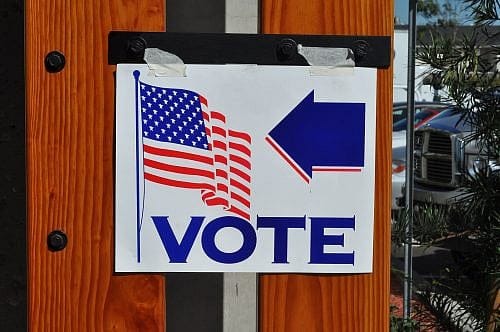Massachusetts Republican State Committee Opposing Ranked-Choice Voting

The Massachusetts Republican State Committee has voted unanimously to oppose a ballot question seeking to implement ranked-choice voting statewide, a party spokesman said.
The resolution calls ranked-choice voting "unnecessarily confusing" and prone to resulting in spoiled ballots. The measure also "raises the potential for rigging and gaming elections," the resolution states.

